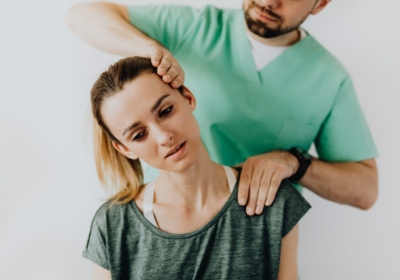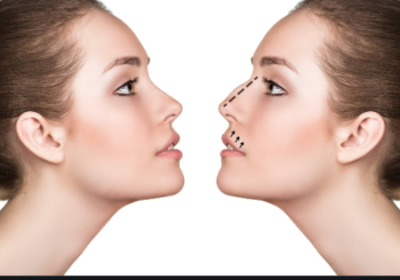Acne is a common skin disorder, which could happen to almost everyone. It is often linked to the physical and hormonal changes that take place as children reach the adolescence phase. Hormones that help us to achieve physical maturation may increase the production of sebum (oil) by the sebaceous glands on the skin. Male hormones or androgens have the most significant effects in this case. These chemicals are present in girls, but at much smaller amount, which is the reason why acne is more common and more severe in boys.
Sebaceous glands are typically located next to the hair shaft and the pair is known as the sebaceous follicle. During the puberty, skin cells around the follicle start to shed more quickly and combined with the higher amount of sebum production, the follicle opening could be blocked. Because, the sebaceous glands still produce some amount of sebum, the follicles will eventually swell up. This is an ideal condition for the P. acnes bacteria multiply rapidly inside the clogged follicles and inflammation is the first symptom of acne.
Many people believe that dirty skin is more susceptible to the development of acne. While washing may help to remove dead skin cells, excess skin oil and dirt; it won’t help to remove blockage of the follicles. Scrubbing the skin vigorously may only cause skin irritation, aggravating the condition further. Washing the skin is just a part of the treatment for acne and people should understand the underlying biological factors. Also, stress is often blamed as one of the causes of acnes, since hormones are affected by the psychological changes.
Often, acne is gone almost completely by age 20; but in some cases it could persist into adulthood. Severe forms of acne during adulthood typically affect men, while in women acne can be related to the menstrual cycle. Pregnancy and ovarian cysts may also trigger hormonal changes, which could lead to acne. Some women could also get acne when birth control pills are discontinued. In some cases, comedogenic cosmetic also stimulate the production of comedones.
In reality, food doesn’t directly cause the development of acne and following a strict diet won’t clear our skin. There’s no scientific evidence that peanuts, chocolates, soda and fatty foods influence or cause acne. Nevertheless, it is still important for any of us to maintain a balanced diet, while undergoing acne treatment.




Recent Comments